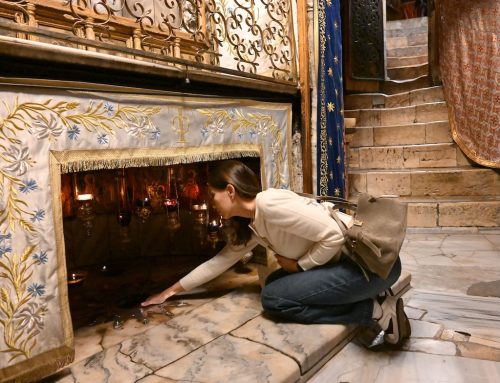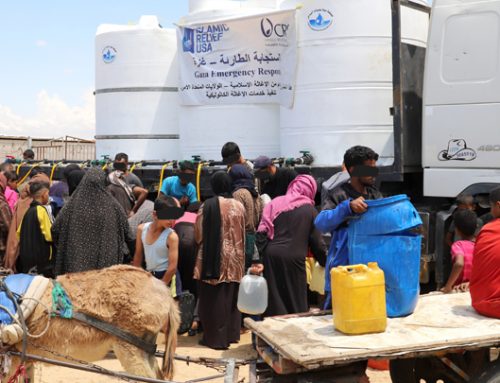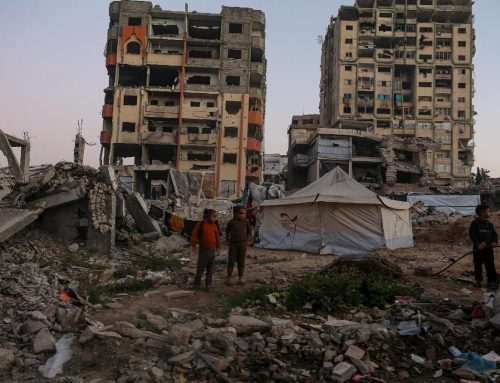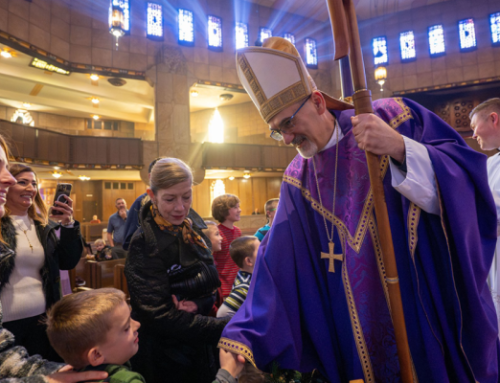CNA
The Apostolic Nuncio to Israel, Archbishop Antonio Franco, said this week, “My hope is that Benedict XVI’s visit” to the Holy Land will “give a decisive boost to peaceful coexistence in justice.”
In an interview with the L’Osservatore Romano, the archbishop said, “We hope the presence of Benedict XVI will ignite the flame of hope. I would like to be optimistic but we have to above all be realistic. The solution to the Palestinian problem appears far off. Many knots still need to be untied and there needs to be a greater effort on the part of everyone.”
“Above all there needs to truly be a desire for peace and an active effort to create conditions favorable to it,” he said.
“The local Church is excited to welcome to the Pope as Father and Pastor,” he continued, referring next to the recent conflict in the Gaza Strip. “Ever since the Angelus of December 28, just after the first attacks on Gaza, he made an unequivocal call to a cease fire. In response to the escalation in military operations, the Holy See called on the Israelis to end the vicious circle of confrontations and to seek negotiated solutions. There as a clear condemnation of the violence on both sides,” he said.
Commenting on the positive atmosphere about the Pope’s visit among Muslims, the Nuncio noted that there is great “interest in the Pope’s visit on the part of the Palestinian Authority and the people who struggle to see their rights recognized.” In addition, he added, “the Palestinians know that as time has passed there has been a growing effort by the Holy See. For this reason they see the Pope as a person who knows their reality and defends their rights,” he said.
“The same can be said about the Jewish world,” the Nuncio continued, “because the Holy See proclaims and clearly upholds the rights of Israel as well. So the invitation is to reconcile and to harmonize rights in reciprocal respect for each other,” he stated.
Referring later to the Christian community in the Holy Land, the archbishop explained that the Holy See “is intensely working to establish a legal basis for the presence and action of the Church (in Israel), which up to now has not received any legislative recognition.”
“There are two agreements: the fundamental agreement of December 30, 1993—which opened the doors to diplomatic relations—and that of 1997, which legal recognized the Church and her institutions, but none of them has been made into law by the Knesset,” he added.





